Time flies so fast! It's already April.
From April 1975 until today - enough time for me to call it once upon a time - that day, the little girl next door was just a child nestled next to her mother, staring blankly at the war, and I, from that day on, was dragged from one region to another by the war. And this April, the little girl who "stared blankly at the war" from that time has become a young, successful mother in life, while I, the old woman, stared blankly at life!
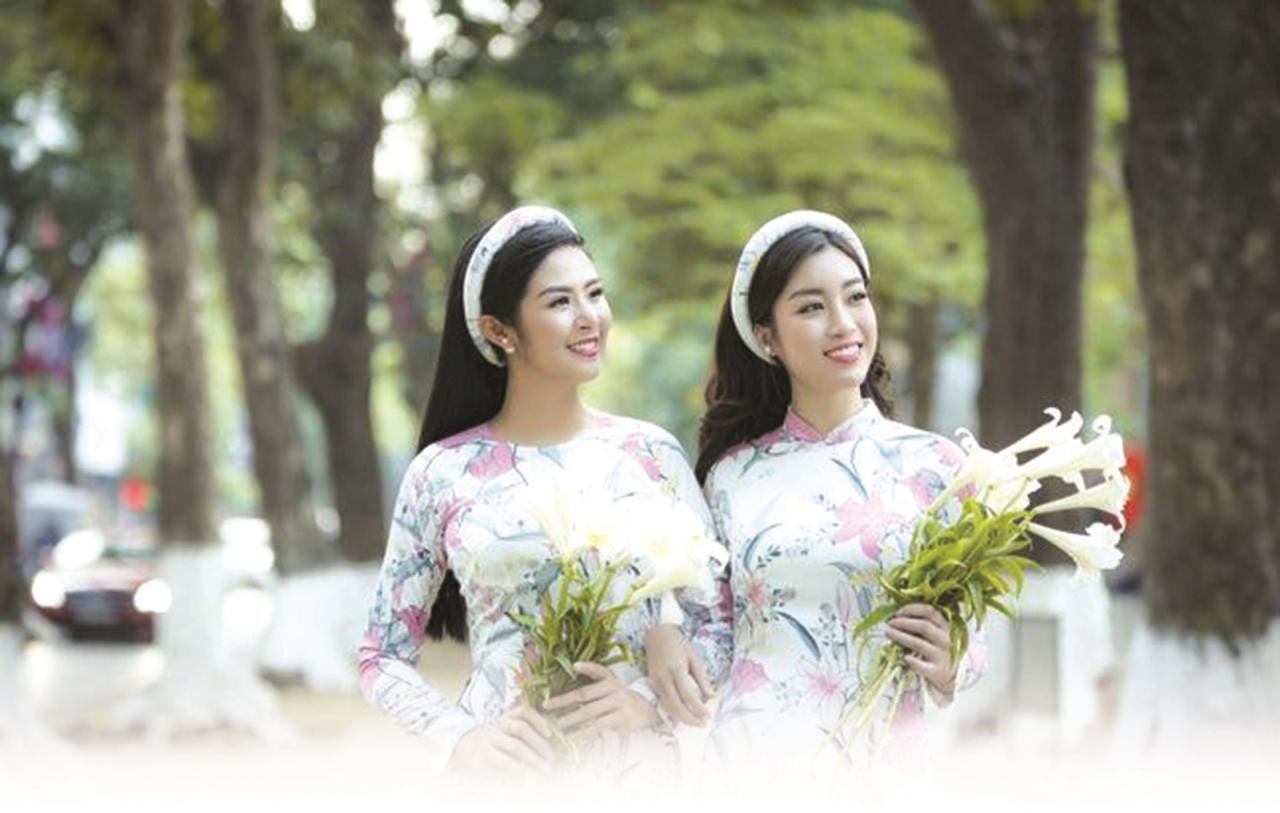
That April, I said goodbye to her without a date to see her again. The following years, because I missed my homeland, I returned and met her. It was just yesterday, now she has grown up and is fortunate to live innocently in peace . She told me, it was a pity she only knew about war through books, movies… I wish I could face it directly to feel the pain with those who have lost and suffered because of war. Is what she said too idealistic and romantic?
Another April is here!
This afternoon, an April afternoon, I returned to my old hometown. My sister and I, one old and one young, walked side by side on the village road. The village has changed so much now. Unlike the old days, my sister’s house and mine were separated by a row of hibiscus. The row of hibiscus only symbolized the boundary of land, not the division of people’s hearts. Houses now have high walls, as if there is an invisible string separating the village and neighborly love? Many people today are closed in their eating, their wealth is closed in their hearts, only the land is open because it cannot be hidden, even though there is… gold in the land.
It has been a long time since we heard the roar of planes tearing through the sky, the rumble of cannons throughout the night, and no longer saw the young mother fainting upon hearing the news of her husband’s death in battle… that vision no longer exists. That is the joy of peace.
This April, my sister and I had the chance to walk together on a sunny afternoon in my hometown. The sun was like fire, turning the grass and trees gray, the sun was yellowing the leaves, the sun was blazing like a stove, blowing down on the small town like the palm of your hand, with a very Western name: La Gi. Even though it was right in my hometown, everywhere I looked I felt strange, strange roads, strange land, strange houses, strange people. I asked her, in my hometown, who is still there and who has died? Few are left, many are lost. The April afternoon slowly came, the sun was less fierce, I stopped at a roadside cafe to drink coffee and listen to “Proud Melody”: “… Liberating the South, we vow to move forward…”. She listened and said that it had been so long since she had heard this song – an unforgettable song from both sides – this side and the other side. And she continued to ask, brother, when people die in war, die of old age, die in accidents, die of illness… do they know anything else when they die? My dear, Confucius's student once asked him this question, and he answered that if you want to know if you know anything after death, just wait until you die and you will know! Look at me, Confucius' answer is so wise, isn't it?
The past exists in every person, every nation, every country. The past has mixed joy and sadness, glory and humiliation, blood and tears, separation and suffering, death and resentment. This afternoon, this April, I returned to visit my birthplace after years of wandering to the city since the war ended. In the silent twilight, you and I also fell silent to listen to the echoes of the past...
“… After thirty years apart, we met again, why are tears flowing again…” (Xuan Hong).
Source


![[Photo] The road connecting Dong Nai with Ho Chi Minh City is still unfinished after 5 years of construction.](https://vphoto.vietnam.vn/thumb/1200x675/vietnam/resource/IMAGE/2025/11/04/1762241675985_ndo_br_dji-20251104104418-0635-d-resize-1295-jpg.webp)
![[Photo] Opening of the 14th Conference of the 13th Party Central Committee](https://vphoto.vietnam.vn/thumb/1200x675/vietnam/resource/IMAGE/2025/11/05/1762310995216_a5-bnd-5742-5255-jpg.webp)


![[Photo] Panorama of the Patriotic Emulation Congress of Nhan Dan Newspaper for the period 2025-2030](https://vphoto.vietnam.vn/thumb/1200x675/vietnam/resource/IMAGE/2025/11/04/1762252775462_ndo_br_dhthiduayeuncbaond-6125-jpg.webp)

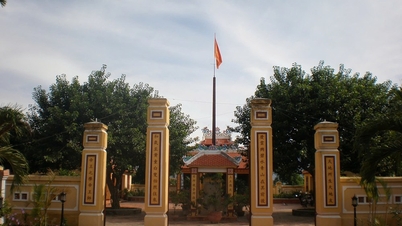

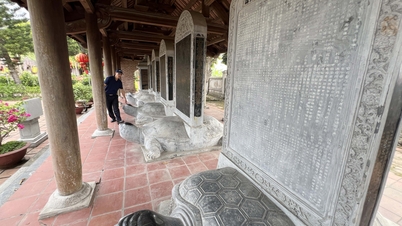

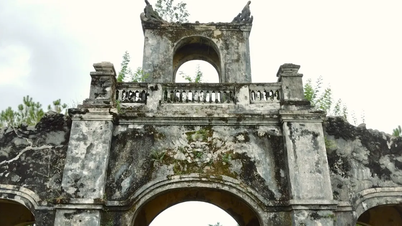





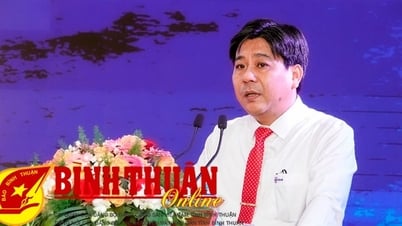
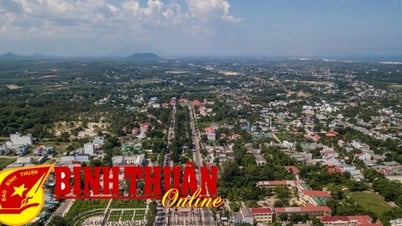

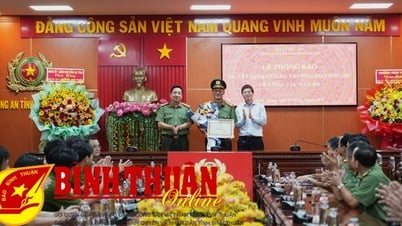




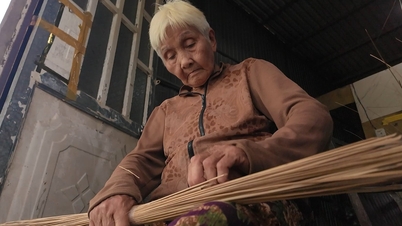











































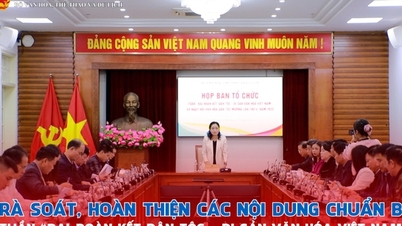

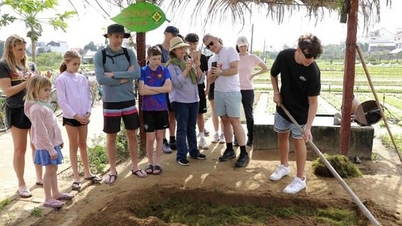


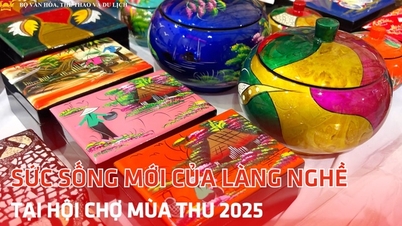


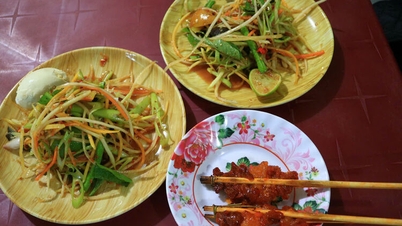

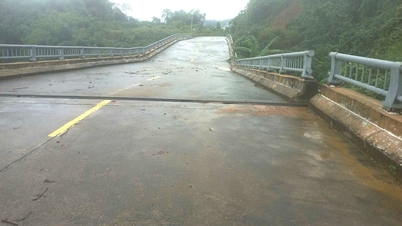
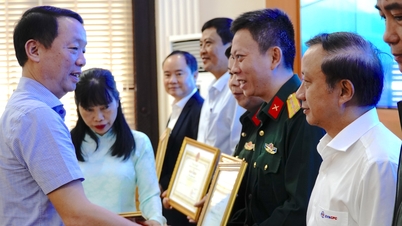

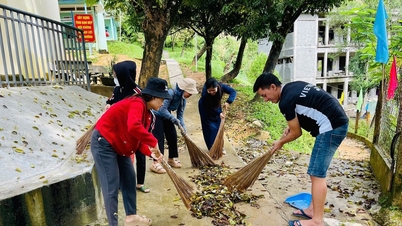










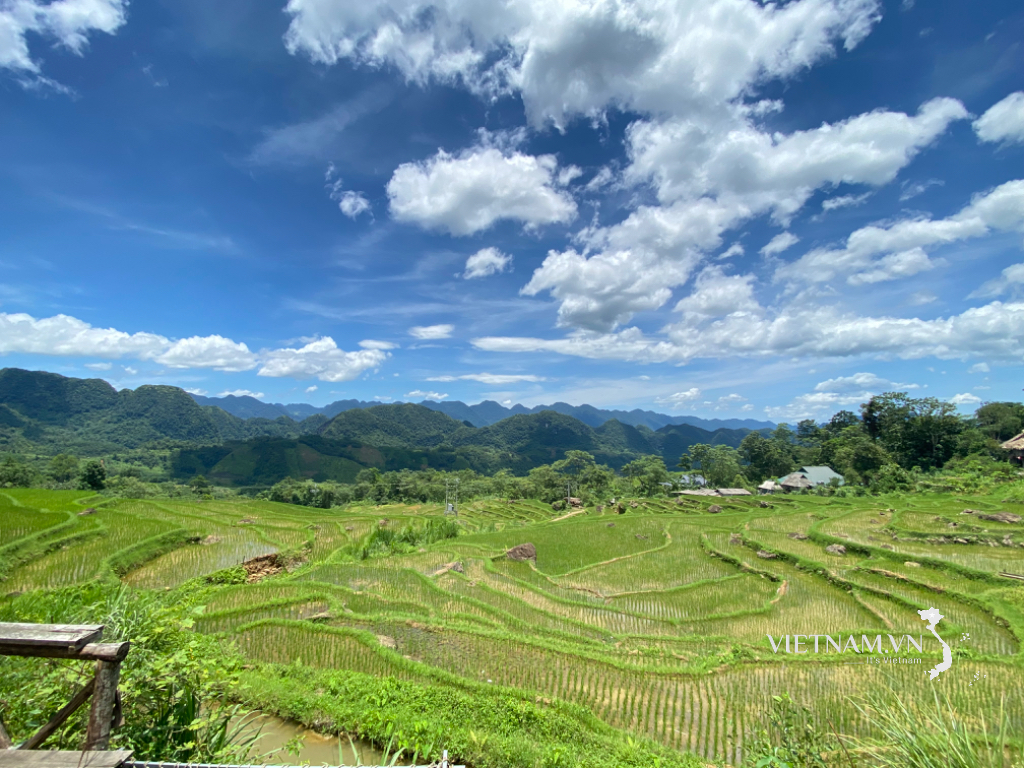


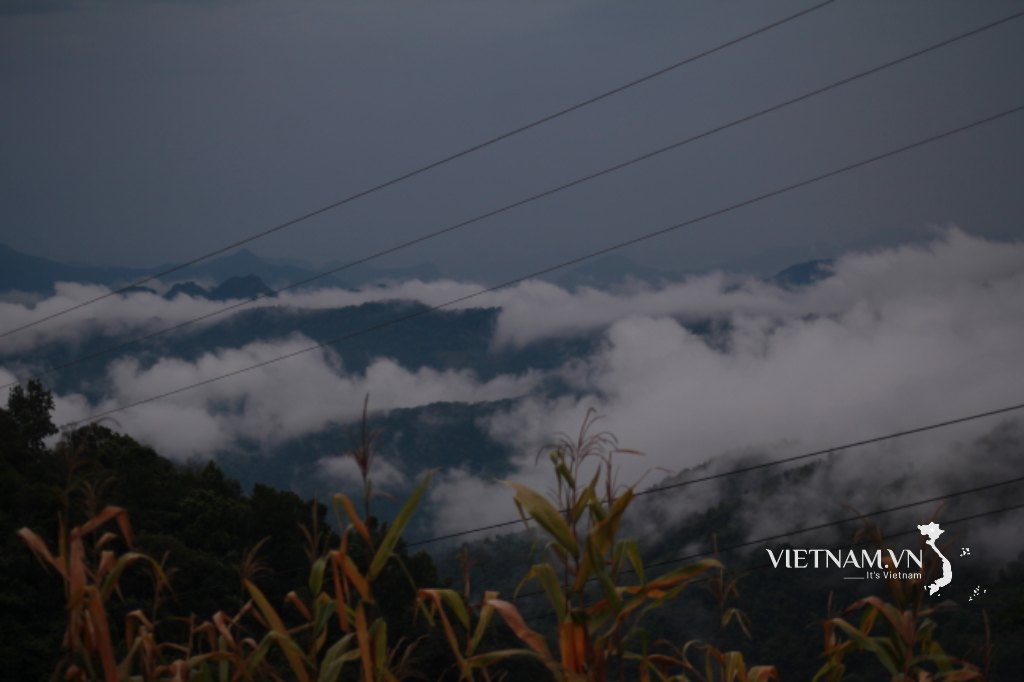
Comment (0)